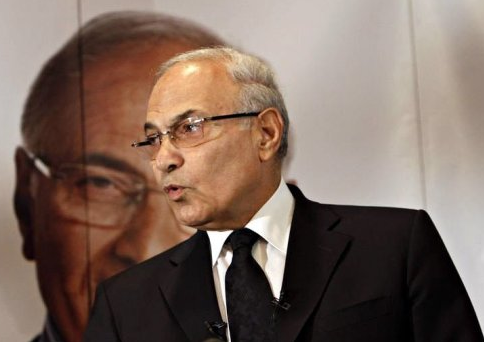Hopefully the youth of the Arab Spring realise that their true enemy is more than just a collection of oppressive regimes in one country or another.
The youth of the Arab revolutions have struggled and fought in pursuance of honour and social justice, however without giving a thought to the size of the challenges that lie ahead and the power of those at work to sabotage their efforts.
These youth have often felt that bringing about change and instilling democracy and social justice in their home countries would be easy after the early successes of the Arab Spring. However at no point did they realise the true scope of what they were up against, and that true success would require a concerted effort on their part to persevere long after the initial stage of the revolutions was over. Since then, many of these young men and women have gone back and forth from dealing with feelings of anger, frustration and restlessness.
I hope to inform the youth of the true nature of the threat. It is as follows:
– Oil wealth concentrated in the hands of a clannish regime
– Israel
– Wahhabi Islam
Try and recall one example or experience of Saudi Arabia supporting a democratic movement anywhere in the Arab or Muslim world. One cannot; not only is it hard but it’s impossible. However, what one will find are dozens of examples of the Wahhabi entity engaging in the whole scale oppression and persecution of such movements, the latest being the revolutions of Tunisia, Egypt, Yemen and Bahrain; particularly the latter two where the Kingdom of Saudi Arabia (KSA) both meddled in and directly intervened military to protect its own interests.
More examples exist if one flips through the pages of history. Some are as obscure as Saudi Arabia opposing the Indonesian revolution, and being one of eight nations to not sign the Universal Declaration of Human Rights in 1948.
As we all are well aware, Saudi Arabia possesses the world’s largest oil reserves and most advanced infrastructure for exporting it to markets throughout the world. It makes sense then that they would seek to remain a stable, backwards nation, as it enables them to exploit the livelihood of others and have a better standard of living. In this scenario, the spread of democracy is an impediment, not a facilitator, towards protecting their interests and that of the west.
This is the logic with which the United States uses to deal with Arab governments, Gulf ones in particular. Despite all the public and popular pressure to change this scenario, the United States continues to support these governments while ignoring their constant stream of human rights violations.
With regards to Israel, Ben Ali in Tunisia, Mubarak in Egypt, and Al-Saud in the KSA, all have played the same role, and become partial to the same set of unspoken agreements, which are: “we [Israel] promise the creation of a Palestinian state, as long you help to protect our interests and remove all threats to our national security. We reserve the right to use direct military intervention, and stifle the economic progress and growth of other nations and entities whose interests clash with ours.”
It is in this way that Israel, the United States and Saudi Arabia’s interests have merged to form an unholy alliance in the realm of Middle East politics. Their media outlets carry messages praising democracy and human rights, cajoling the sanctity of the rule of the Saudi royal family, and calling for the need to preserve Israel’s security, while violently using any means necessary to uproot anyone or anything that jeopardises their role in the region.
Although almost always totally in line with one another, the positions of these three governments with regard to certain issues have been known to diverge slightly, as was the case with the Libyan and Syrian revolutions.
Saudi Arabia has been working towards the overthrow of the latter’s current government, not because it is the incarnation of an repressive regime, but rather for political/sectarian reasons, as the Assad regime is primarily Alawi and is supported by the Wahhabi’s arch enemy, Shi’a Iran.
What we see now is a regional proxy war, with Saudi Arabia having violently suppressed the revolution in Bahrain, thought to be supported primarily by the country’s majority Shi’a population, while Iran works to prop up Assad and those within Syria who would seek to ally themselves with the country’s ruling Allawi minority. One can never justify the involvement of Iran or Saudi Arabia in the affairs of any country in the region on the basis of respect for human rights or democracy; rather all decisions are rooted in sectarianism and regional power politics.
Saudi Arabia, the United States, Israel and Iran; these are the primary enemies of the Arab Spring, and it is against them that the Arab youth must struggle against.
Perhaps revolutionaries in Bahrain are the ones most familiar with the region’s power players, however only the failure of a long, painful experiment in democracy and justice. Hopefully we will not have to pay the same price to learn that truth.


